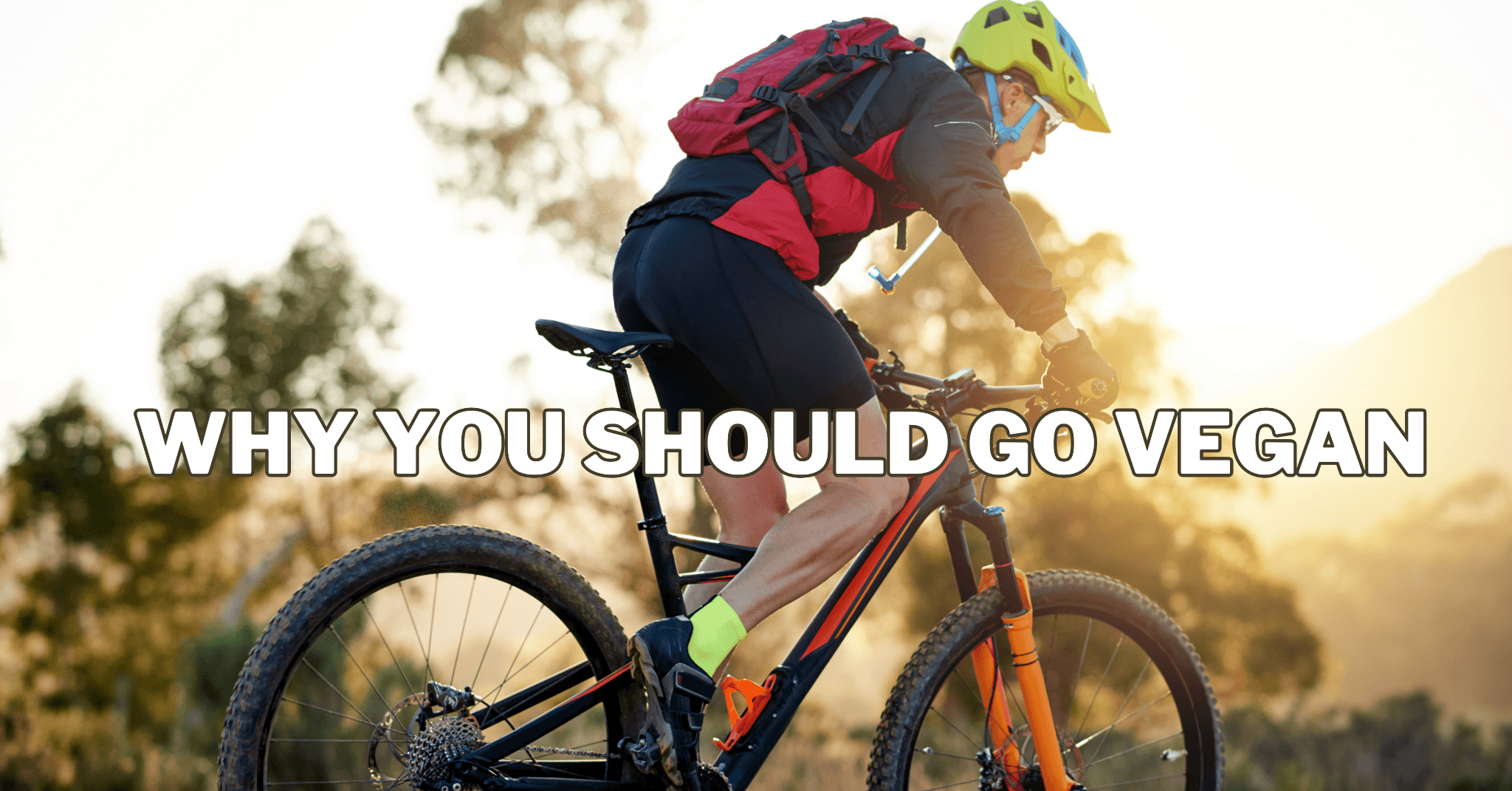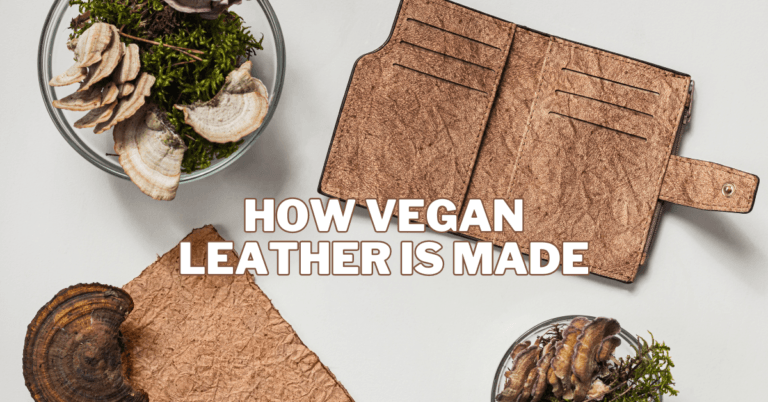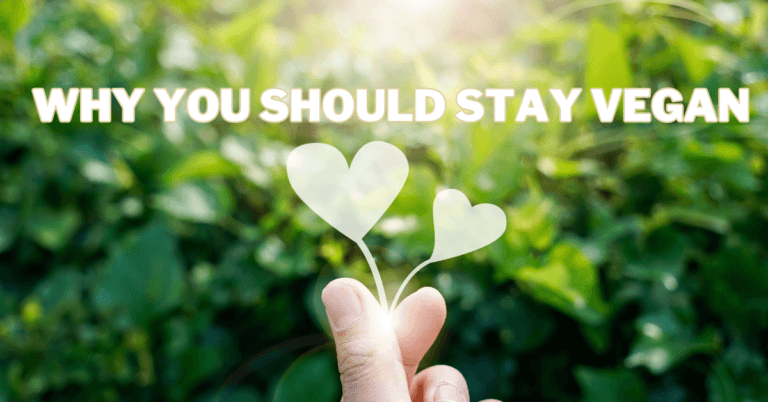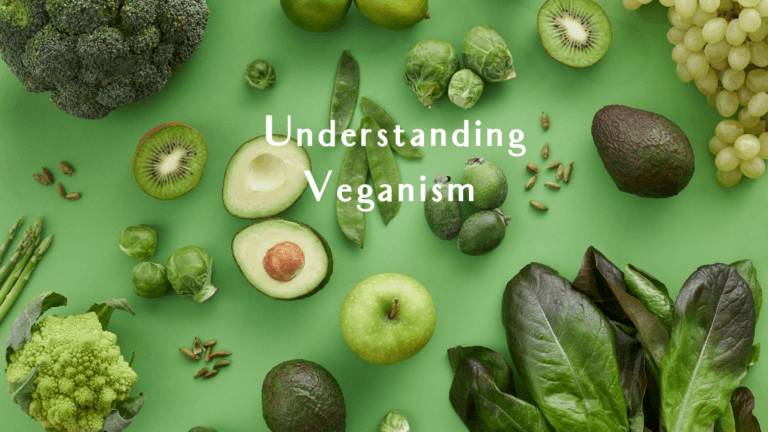Why You Should Go Vegan
Why You Should Go Vegan
In a world where choices define our impact on the planet, veganism emerges as a powerful and conscientious decision.
Beyond being a dietary choice, veganism is a holistic philosophy that extends compassion towards animals, promotes personal well-being, and champions environmental sustainability.
As we navigate the complex web of ethical and environmental concerns, the journey toward veganism invites us to reassess our relationship with the world around us.
This article will explore the compelling reasons to embrace veganism, delving into the ethical, health, and environmental dimensions that make this lifestyle a transformative force for individuals and the planet.
From the profound implications for animal welfare to the positive effects on human health and the pivotal role in mitigating climate change, the case for going vegan transcends personal preferences to contribute to a more harmonious and sustainable future.
Join us on this journey of discovery as we unravel the myriad reasons why you should consider switching to a vegan lifestyle.
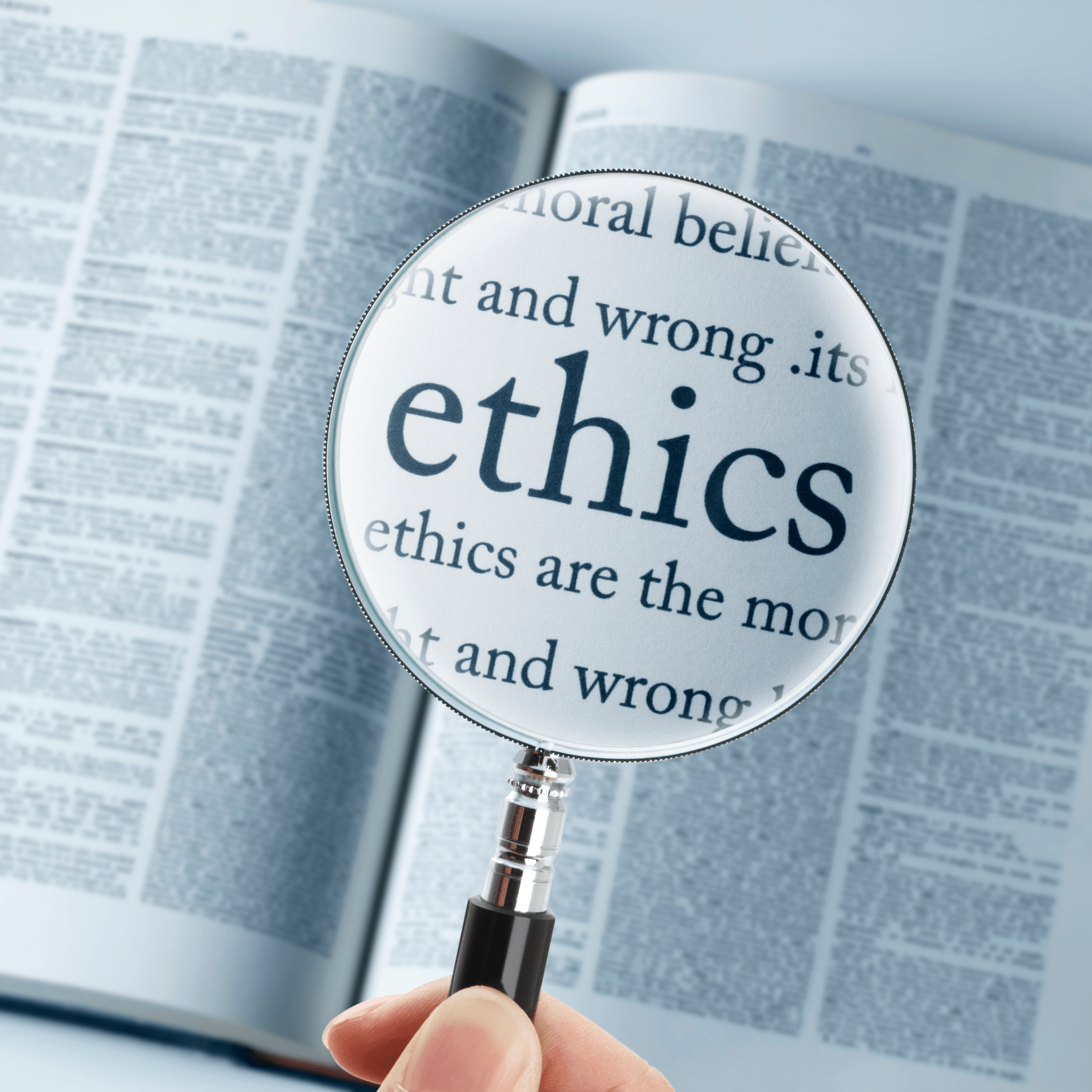
Ethical Considerations Of Veganism
Ethical concerns, primarily regarding the treatment of animals in the food industry, are often the driving force behind the decision to adopt a vegan lifestyle.
Animal treatment has become a major ethical concern in light of the current agricultural system, especially factory farming.
Animals raised in factories, known for their industrialized and intensive methods, are frequently housed in filthy and cramped conditions.
Animals that would normally be able to roam freely are kept in cramped quarters for efficiency and profit. Animals may suffer both physically and mentally in these claustrophobic and stressful settings.
The effect that factory farming has on individual animals' lives is one of the strongest ethical objections.
From the time of birth until they are killed, animals raised for food go through many hardships. They frequently live in cramped quarters with little access to natural light and fresh air, and they are frequently given antibiotics and hormones.
Animals may be subjected to unpleasant operations such as castration, debeaking, and tail docking without the use of anesthesia.
These actions pose serious ethical dilemmas regarding using sentient beings as mere commodities and their lifelong suffering for human consumption.
Many people have changed to a vegan lifestyle after reevaluating their food choices due to ethical concerns.
An important way to illustrate the ethical awakening that leads people to become vegans is through personal stories.
People who have transitioned frequently talk about how much more conscious they are of the effects of their decisions on living things.
These people relate moving stories of firsthand the conditions in industrial farms, realizing that animals have moral intelligence and feeling morally obligated to live up to their ideals.
The moral justifications for adopting a vegan diet become real and understandable by telling these tales.
They are potent examples of empathy, compassion, and the will to make the world more compassionate.
Ultimately, adopting a vegan lifestyle for ethical reasons is a deliberate decision to match one's actions with one's values, encouraging a kind and sustainable way of eating.
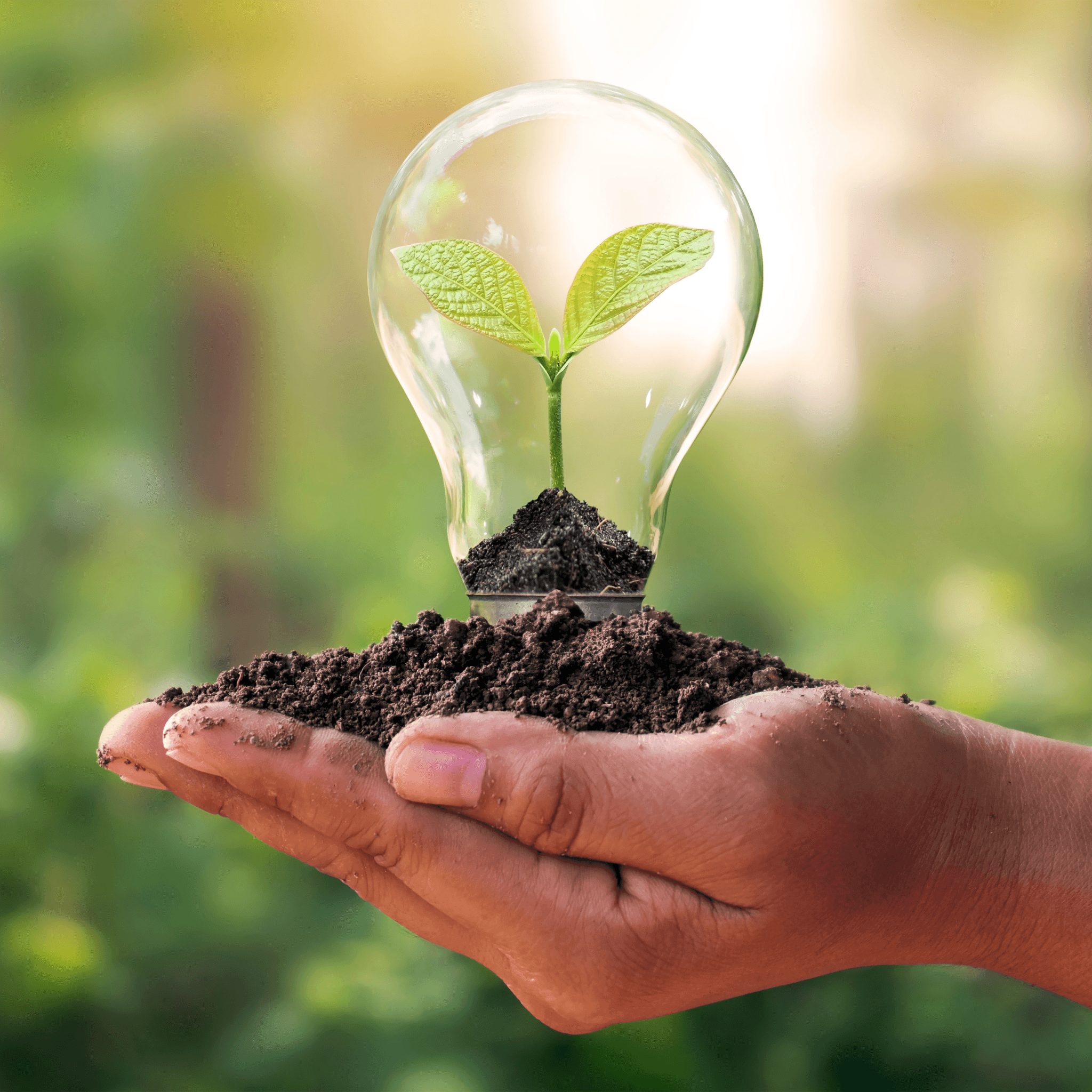
Environmental Impact Of Choosing Veganism
Animal agriculture has significant environmental consequences, with deforestation and greenhouse gas emissions being key contributors to climate change.
The demand for land to raise livestock has driven extensive deforestation, particularly in regions like the Amazon rainforest, where vast areas are cleared to create space for cattle ranching.
Deforestation causes biodiversity loss and lessens forests' ability to absorb carbon dioxide, intensifying the effects of climate change.
Two significant greenhouse gas emissions from animal agriculture that deteriorate the condition of the environment are methane and nitrous oxide.
During digestion, methane—a powerful greenhouse gas with a much higher warming potential than carbon dioxide over a shorter period—is produced by livestock, especially ruminants like cattle.
Furthermore, using synthetic fertilizers in animal husbandry releases nitrous oxide, another powerful greenhouse gas that accelerates global warming.
Adopting a vegan lifestyle can promote environmental sustainability and combat climate change. A plant-based diet requires less land, water, and resources than animal agriculture.
By choosing plant-based foods, individuals contribute to reducing deforestation, as less land is needed for agriculture, and forests can be preserved to sequester carbon.
Statistics and examples highlight the environmental benefits of a plant-based diet. For instance, studies indicate that producing plant-based protein sources generally has a lower ecological footprint than raising livestock for meat.
Making good dietary choices is crucial to halting climate change because the livestock industry, according to the Food and Agriculture Organization (FAO), contributes significantly to global greenhouse gas emissions.
Countries with higher meat consumption tend to have larger carbon footprints, emphasizing the direct link between dietary habits and environmental impact.
By choosing plant-based alternatives, individuals contribute to reducing their carbon footprint and lessening the strain on natural resources.
Going vegan is a great way to match individual decisions with environmental sustainability. It encourages more economical use of resources, protects ecosystems, and, by lowering the environmental impact of animal agriculture, aids in the worldwide effort to lessen climate change.

Health Benefits Of Going Vegan
Going vegan involves adopting a plant-based diet and abstaining from consuming animal products.
Numerous health advantages can come from a vegan diet. Here are some key points to explain the health benefits of going vegan:
1. Heart Health
Vegan diets are naturally low in saturated fats found in animal products. This can lower LDL cholesterol levels, reducing the risk of atherosclerosis and cardiovascular diseases.
Diets high in plant-based nutrients, such as fiber, antioxidants, and phytochemicals, can improve blood vessel function and reduce inflammation, improving overall heart health.
2. Weight Management
Generally speaking, whole plant foods are high in fiber, which increases satiety and lowers total calorie intake.
This may help with controlling weight and preventing obesity. Plant-based diets tend to have lower energy density, meaning you can consume larger portions for fewer calories.
This helps in weight control and provides a greater volume of food, promoting a feeling of fullness.
3. Type 2 Diabetes Prevention
Plant-based diets have been associated with improved insulin sensitivity, reducing the risk of type 2 diabetes.
The fibre-rich nature of these diets also helps regulate blood sugar levels. Chronic inflammation is linked to insulin resistance. Plant-based diets, being anti-inflammatory, may contribute to better blood sugar control.
4. Cancer Prevention
Antioxidants, abundant in fruits, vegetables, and other plant-based foods, help scavenge free radicals and shield cells from harm, thus lowering the risk of cancer.
A range of phytochemicals found in plant-based diets have been investigated for their possible ability to stop or slow the growth of cancer cells.
5. Digestive Health
Excellent sources of dietary fiber that encourage regular bowel movements and ward off constipation include whole grains, fruits, and vegetables.
Plant-based diets support the growth of beneficial gut bacteria, contributing to a healthy gut microbiome. This, in turn, has positive effects on digestion and overall well-being.
6. Joint Health
The anti-inflammatory nature of plant-based diets can benefit individuals with inflammatory joint conditions, such as rheumatoid arthritis, by reducing symptoms and improving joint function.
7. Improved Kidney Function
Plant-based diets are generally lower in oxalates and purines, substances that can contribute to the formation of kidney stones.
Kidney stones may be less likely to develop as a result. Vegan diets, due to their lower sodium content and higher intake of potassium-rich foods, can help regulate blood pressure and promote kidney health.
8. Longevity
By lowering the risk of chronic diseases like heart disease, diabetes, and certain cancers, a vegan diet may contribute to a longer and healthier life.
Antioxidant-rich foods in a vegan diet may slow aging by protecting cells from oxidative stress and inflammation.
A well-thought-out vegan diet can have a lot of health advantages. However, it's crucial to ensure you get enough nutrients from various plant foods and supplements, especially for those that might be harder to get from a solely plant-based diet. For individualized advice, always seek the advice of registered dietitians or medical professionals.

Veganism And Mental Well-Being
The relationship between veganism and mental well-being is a topic of increasing interest, with studies and anecdotes suggesting a potential link between a vegan diet and improved mental health.
Exploring this connection involves understanding the role of certain nutrients in plant-based foods that may positively influence mood and cognitive function.
Several studies have investigated the impact of a vegan diet on mental health, and while the research is ongoing, preliminary findings indicate potential benefits.
Essential nutrients that support general well-being can be obtained from a plant-based diet high in fruits, vegetables, whole grains, and legumes.
The high level of antioxidants found in plant-based diets is one of the main factors promoting better mental health.
In the fight against oxidative stress, antioxidants lessen brain inflammation and may even reduce the incidence of mental health issues.
Furthermore, the brain's health is significantly influenced by the omega-3 fatty acids present in specific plant-based foods like walnuts, chia seeds, and flax seeds.
These fatty acids may lower the chance of developing depression and enhance mood and cognitive function.
Alpha-linolenic acid (ALA) is the predominant form of omega-3 fatty acids derived from plants. However, the body can also convert ALA to omega-3 fatty acids, including eicosapentaenoic acid (EPA) and docosahexaenoic acid (DHA). However, the conversion process is less effective than when consuming fish directly.
Getting enough B vitamins, especially B12, is essential for mental and cognitive health. Although animal products naturally contain B12, vegans can still get it from fortified foods or supplements.
In general, the synthesis of neurotransmitters and the preservation of a healthy nervous system are aided by B vitamins.
While more research is needed to fully understand the complex interplay between diet and mental health, the existing evidence suggests that a well-planned vegan diet, rich in diverse plant-based foods, can positively influence mood, cognitive function, and overall mental well-being.
It reinforces the notion that our dietary choices may extend beyond physical health, potentially contributing to a holistic approach to self-care.

Veganism And Social Justice
Veganism and social justice are interconnected profoundly, extending beyond the ethical considerations for animals to encompass broader issues within the food supply chain.
The intersectionality of veganism with social justice addresses concerns related to workers' rights and fair treatment throughout the production and distribution of food.
The agricultural industry, including plant-based and animal farming, often involves labour-intensive processes.
Workers often face challenging conditions, low wages, and limited job security, particularly in large-scale industrial farms.
By embracing a vegan lifestyle, individuals actively promote social justice by advocating for fair and humane treatment of workers who cultivate and harvest plant-based foods.
A vegan lifestyle also challenges the inherent inequities in the production of animal products, which helps create a more just and equitable food system.
Large-scale animal husbandry has been linked to resource depletion, environmental degradation, and detrimental health effects on nearby communities.
People who choose plant-based alternatives speak up for a food system that puts community health and environmental sustainability ahead of an industry that disproportionately affects marginalized communities.
Living a vegan lifestyle aligns with social justice ideals because it addresses labour rights, promotes fair treatment at every stage of the food supply chain, and helps create a more sustainable and equitable food system.
It emphasizes how different social justice issues are interconnected and how individual decisions—like dietary choices—can positively impact a larger movement for justice, equity, and moral treatment.

Vegan Fashion And Lifestyle
Veganism is not limited to dietary restrictions; it also easily permeates decisions about fashion, beauty, and daily living, creating a holistic vegan way of life that emphasizes cruelty-free products and ethical consumption.
Veganism opposes using materials like leather, fur, and silk from animals in the fashion industry.
Rather, it welcomes a variety of cruelty-free substitutes, such as leather substitutes, innovative materials derived from sustainable sources, and textiles derived from plants.
By guaranteeing that no animals are harmed in the process of making clothing, this change encourages a compassionate approach to fashion.
Veganism is consistent with a commitment to cruelty-free products in the beauty industry. Vegan beauty products support moral behaviour and encourage the use of plant-based substitutes by excluding ingredients derived from animals and refraining from animal testing.
Vegan skincare, cosmetics, and personal care products give customers an ethical option without sacrificing effectiveness or quality.
Beyond clothing and makeup, a vegan lifestyle affects household goods, accessories, and daily entertainment decisions.
Consumers are prompted to support brands and products that follow cruelty-free practices, sustainable sourcing, and environmentally friendly manufacturing processes when ethical consumerism emerges as a guiding principle.
Essentially, adopting a vegan lifestyle and dressing style incorporates compassion and ethical considerations into all facets of daily living.
Encouraging a global shift towards cruelty-free alternatives and ethical consumerism fosters a more compassionate and sustainable world by reflecting a conscious effort to match personal values with consumption patterns.

Veganism And Mind-Body Practices
A comprehensive approach to well-being that considers one's physical, mental, and spiritual aspects is fostered by veganism and mind-body techniques like yoga and meditation.
Conscious living and mindfulness are valued highly by both mind-body and vegan lifestyles.
Being vegan indicates that one is conscious of the moral, environmental, and health consequences of one's dietary decisions.
Similarly, practicing mindfulness via yoga and meditation helps people be in the present and make deliberate decisions that are consistent with their values.
Another theme that unites them is the emphasis on compassion. Ahimsa, or non-violence, is at the core of many mind-body practices, and veganism is based on compassion for animals and the environment.
This common philosophy goes beyond dietary preferences and includes a way of life that aims to do as little harm as possible to all living things.
A plant-based diet physiologically facilitates the body's capacity for mindful activity. Plant foods high in nutrients give you long-lasting energy and enhance your physical health, which makes yoga and meditation easier and more productive.
Increased emotional equilibrium and mental clarity can result from a lack of animal products, amplifying the advantages of mind-body techniques.
Furthermore, a sense of interconnectedness is enhanced by both veganism and mind-body techniques.
Veganism encourages a sense of responsibility for the welfare of animals and the environment by acknowledging the interconnectedness of all living things.
A harmonious relationship with oneself and the outside world is fostered by yoga and meditation, promoting an awareness of the interconnectedness of mind, body, and spirit.
Mind-body practices and veganism are complementary because they emphasize interconnectedness, mindfulness, and compassion.
They create a potent synergy that helps people cultivate holistic well-being, including mind-body-spirit nourishment.
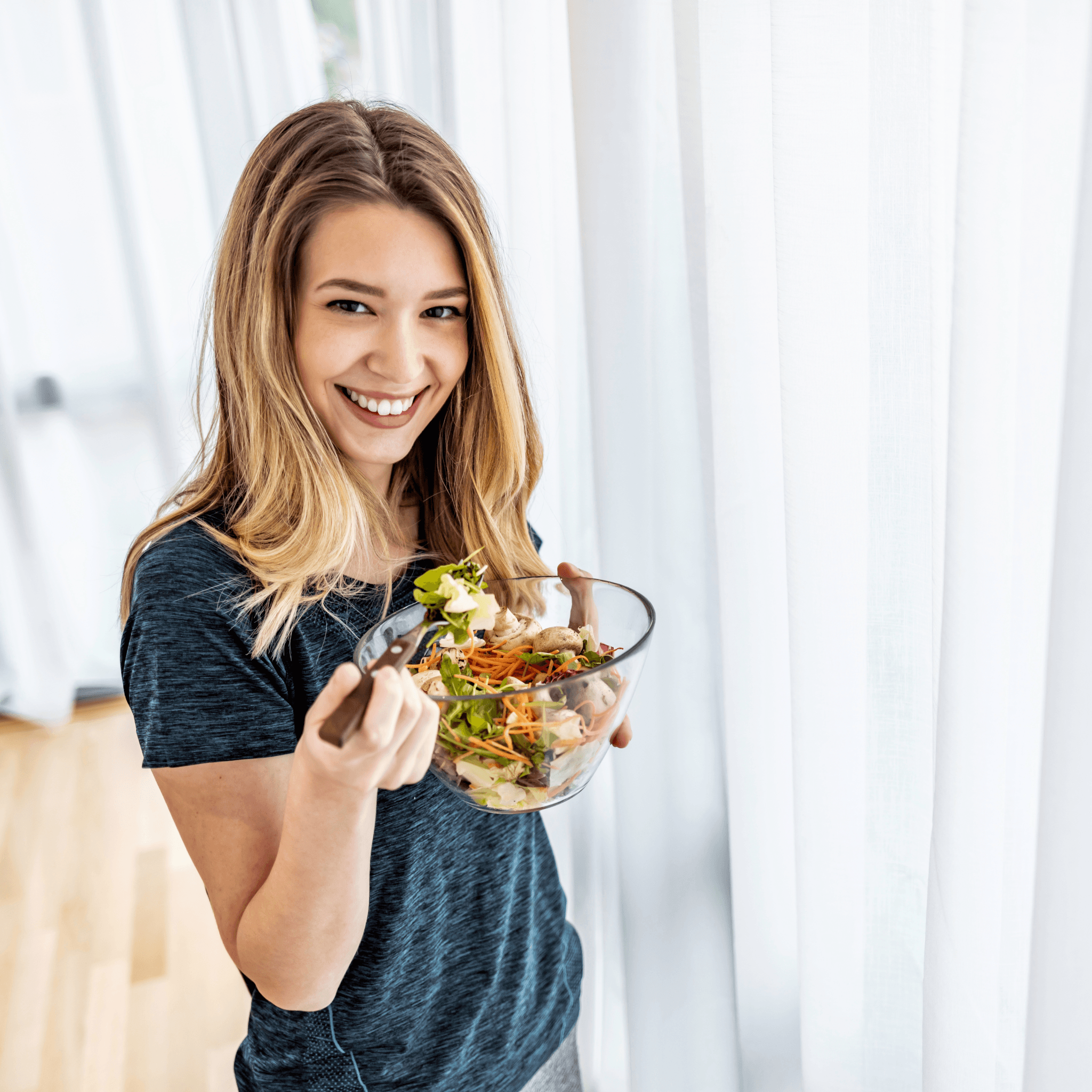
Veganism And Mindful Eating
Veganism and mindful eating share a profound connection, creating a synergy beyond dietary choices to encompass a holistic approach to food, gratitude, and overall well-being.
Mindful eating within a vegan context involves cultivating a heightened awareness of the food on one's plate—its source, nutritional value, and the impact of one's choices.
This approach encourages individuals to savour each bite, fostering a deeper connection with the nourishment provided by plant-based foods.
Choosing a vegan lifestyle inherently involves mindfulness. The decision to abstain from animal products reflects an awareness of food choices' ethical, environmental, and health implications.
Mindful eating within this context expands beyond personal health to encompass a sense of responsibility for the well-being of animals and the planet, creating a more profound connection with the food consumed.
Gratitude plays a pivotal role in the vegan mindful eating experience. Recognizing the effort, resources, and life force embedded in plant-based foods fosters a sense of appreciation for the interconnectedness of all living beings.
This gratitude extends beyond the plate, creating a mindful awareness of the broader impact of dietary choices on the environment and society.
Practicing mindful eating as a vegan involves tuning into hunger and satiety cues, making intentional food choices, and appreciating the flavours and textures of plant-based meals.
This approach promotes a positive relationship with food, fostering a deeper connection with the Earth's resources and a more conscious and compassionate way of nourishing the body, mind, and spirit.
In essence, veganism and mindful eating form a harmonious journey towards a more intentional, compassionate, and grateful approach to food and life.
Conclusion
In conclusion, embracing a vegan lifestyle transcends a mere dietary choice; it becomes a profound commitment to health, ethical considerations, environmental sustainability, and overall well-being.
The reasons to go vegan are multifaceted, offering a compelling case for individuals to make a positive impact on themselves and the world.
Veganism extends beyond the plate, influencing lifestyle choices that align with ethical consumerism.
From cruelty-free fashion to eco-friendly household products, the ripple effect of vegan choices promotes a more conscious and compassionate way of living.
Ultimately, going vegan is an empowering step toward personal and collective transformation.
It reflects an understanding that our choices matter and that each individual can contribute positively to the well-being of themselves, animals, and the planet.
As more people embrace the principles of veganism, we move closer to a world that values compassion, sustainability, and the interconnected harmony of all living things.
I trust you enjoyed reading the article on Why You Should Go Vegan. Would you please stay tuned? There are more blog posts to come very shortly.
JeannetteZ
>>>Please click here to read my Vegan Travel Guides To World Destinations<<<
>>>Want To Learn How To Create Delicious, Cruelty-Free, Healthy AND 100% Vegan Meals? Try These Awesome Vegan Cooking Courses With A Free 7-DAY MEMBERSHIP<<<
Your Opinion Is Important To Me
Ideas? Thoughts? Questions? I would love to hear from you. Please leave me your questions, experiences and remarks about Why You Should Go Vegan in the comments section below. You can also reach me by email at Jeannette@LivingTheVeganLifestyle.org.
>>>Please check out MyVeganSausages.com for more easy vegan recipes. Christine has so many of them.<<<
Disclosure
This post may contain affiliate links. I earn from qualifying purchases as an Amazon Associate and other affiliate programs. Please read my full disclosure.
You might also enjoy these blog posts:
The Definitive Guide To Vegan Fashion And Style
Best Cruelty-Free Vegan Clothing Brands
A Guide To The Best Vegan Accessories
Living The Vegan Lifestyle – A Guide

